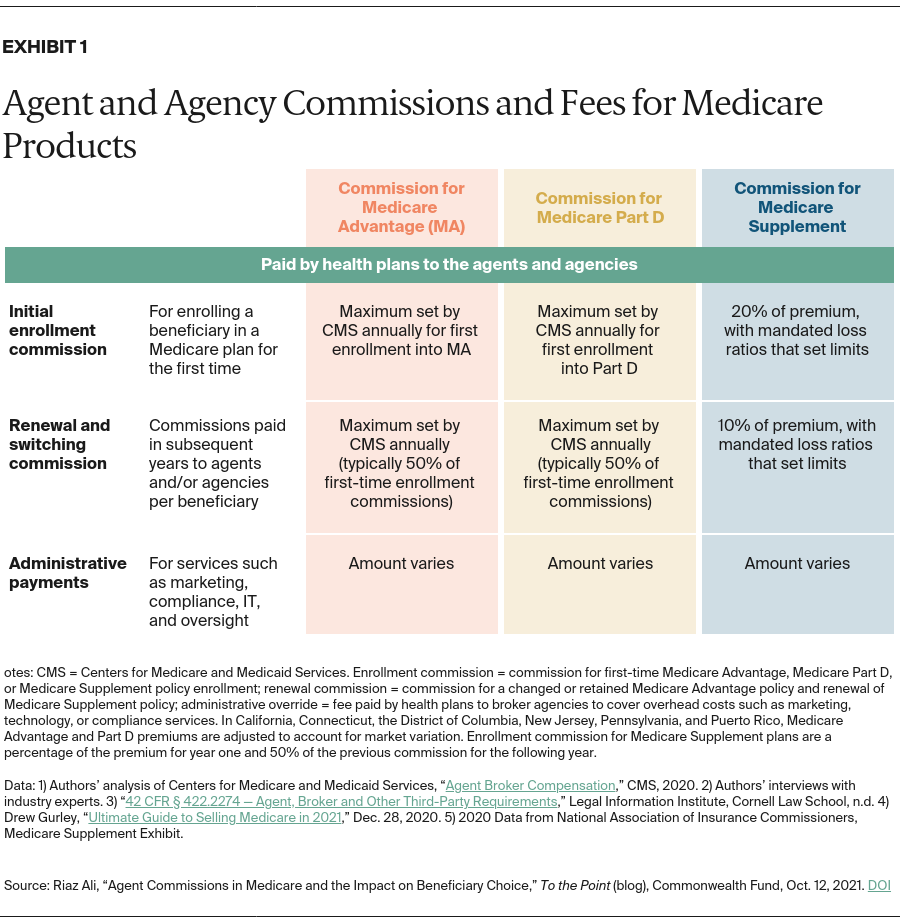Vital Elements to Consider When Contrasting Medicare Insurance Coverage Plans
When assessing Medicare insurance coverage strategies, there are several vital variables that individuals need to meticulously assess to ensure they choose the most ideal option for their health care requires. By examining these aspects meticulously, people can browse the facility landscape of Medicare plans with confidence and select a plan that lines up finest with their special circumstances.

Costs and Deductibles
When assessing Medicare insurance strategies, understanding the nuances of costs and deductibles is necessary for making notified decisions regarding medical care insurance coverage. Costs refer to the quantity paid for the insurance coverage, commonly on a month-to-month basis. It is vital to assess whether the premium is budget-friendly and fits within your spending plan restrictions. In addition, consider the sort of premium structure offered, such as whether it is a set quantity or differs based upon earnings.
Deductibles, on the other hand, represent the out-of-pocket expenses that people have to pay prior to their insurance policy protection begins. Assessing the deductible amount is vital as it directly influences just how much you will certainly need to pay for healthcare solutions prior to the insurance coverage plan starts covering costs. Recognizing the partnership in between premiums and deductibles is essential to finding an equilibrium that straightens with your health care requirements and financial scenario. It is suggested to compare several Medicare insurance plans to establish which combination of premiums and deductibles supplies the most value and thorough protection for your specific requirements.
Insurance Coverage and Perks
In examining Medicare insurance policy plans, the scope of coverage and benefits supplied plays a pivotal role in identifying the competence of medical care defense. When contrasting Medicare strategies, it is essential to examine the array of solutions covered, such as healthcare facility remains, physician check outs, precautionary treatment, prescription medications, and specialized treatments.
Additionally, the benefits offered by Medicare plans can vary substantially, impacting the total high quality of medical care received. By carefully evaluating the coverage and advantages offered by various Medicare insurance strategies, individuals can make enlightened decisions to protect detailed healthcare protection that meets their needs.
Network Service Providers
The efficiency of Medicare insurance policy plans in providing extensive insurance coverage and advantages is very closely connected to the network suppliers offered for healthcare solutions. Network providers are physician, healthcare facilities, facilities, and various other health care centers that have arrangements with Medicare to supply solutions to beneficiaries at pre-negotiated prices. When contrasting Medicare insurance coverage strategies, it is important to consider the network of providers included in each plan.
Accessibility to a wide network of suppliers makes certain that beneficiaries have a vast array of choices when looking for medical treatment, consisting of health care medical professionals, professionals, and hospitals. In-network service providers usually offer solutions at reduced expenses than out-of-network carriers, making it crucial for beneficiaries to understand the coverage restrictions related to each strategy.
In addition, network companies are vetted by Medicare to make sure high quality standards are met, giving beneficiaries satisfaction regarding the care they receive. Before enrolling in a Medicare insurance coverage plan, it is important to review the list of network service providers to make sure that favored doctors and healthcare centers are consisted of, thus maximizing the protection and advantages offered by the strategy.
Prescription Drug Protection
Evaluating the prescription drug coverage offered by Medicare insurance coverage plans is crucial for recognizing the level of drug benefits readily available to beneficiaries. Medicare Component D gives prescription medication protection via exclusive insurance plans approved by Medicare. When contrasting Medicare plans, it is crucial to consider the formulary, which is the list of covered medications. Reviewing whether your specific prescriptions are consisted of in the plan's formulary is vital to guarantee your medications are covered at a sensible price. Additionally, assessing the plan's network of pharmacies can assist figure out hassle-free areas for filling prescriptions - Medicare agent in Farmingdale.
Comprehending the different protection phases of Medicare Component D, consisting of the preliminary coverage period, the protection gap (likewise understood as the "donut hole"), and devastating my response coverage, is necessary for handling prescription medication prices properly. Recipients must additionally think about costs, deductibles, copayments, and coinsurance when comparing Medicare prepares to identify the general cost of prescription medication coverage. By very carefully examining these aspects, recipients can select a Medicare plan that best meets their prescription medicine demands.
Out-of-Pocket Prices
Recognizing the out-of-pocket prices connected with Medicare insurance policy plans is important for recipients to successfully manage their health care expenditures. Out-of-pocket prices encompass deductibles, copayments, and coinsurance that individuals are called for to pay for protected services - Medicare agent in Farmingdale. It is important for Medicare beneficiaries to carefully examine and contrast these expenses throughout various strategies to ensure they choose one that aligns with their budget and healthcare needs
Deductibles are the amount recipients should pay of pocket before their Medicare protection begins. Copayments are dealt with quantities spent for services or prescription medications, while coinsurance is a percent of the cost of a service that the recipient is accountable for. Some Medicare strategies have out-of-pocket optimums, covering the total amount beneficiaries have to invest Bonuses in a year.
Recipients should also think about the cost-sharing structures of different strategies, in addition to any kind of fringe benefits used that may counter out-of-pocket expenses. By comprehending and contrasting the out-of-pocket prices connected with Medicare plans, recipients can make informed decisions to handle their medical care expenses successfully.
Conclusion
